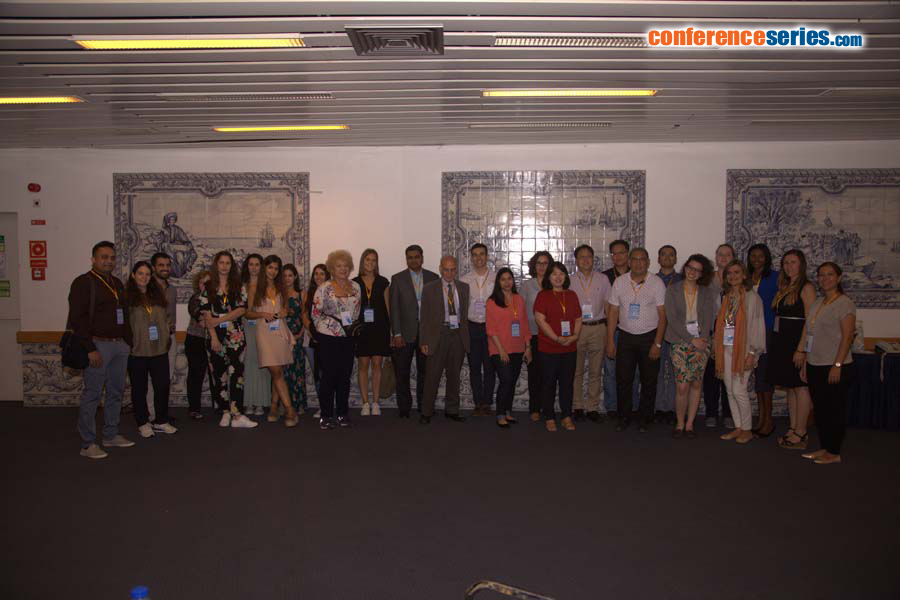
Qi-Fei Wang
The First Affiliated Hospital of Dalian Medical University
Title: Using 'zero-ischemia' and 'sutureless' techniques to implement laparoscopic partial nephrectomy with holmium laser
Biography
Biography: Qi-Fei Wang
Abstract
Objective: The aim of this study was to evaluate application of “zero-ischemia” and “sutureless” techniques in laparoscopic partial nephrectomy (LPN) with holmium laser, and to question this technique in terms of reduction of warm ischemia time (WIT) and reduced renal tissue damage.
Methods: According to our experience of LPN, we want to explore a novel choice of operation that could avoid ischemia of kidney and reduced renal tissue damage. “Zero-ischemia” means don’t clamp the renal artery in operation; “sutureless” means that don’t stitch up the wound of kidney to hemostasis with surgical suture, but singe it using holmium laser.
Results: On the basis of our preliminary work about “zero-ischemia” and “sutureless” techniques in LPN with holmium laser, and combined with domestic and foreign literature reports. “Zero-ischemia” could reduce WIT to the greatest extent, avoid the damage of renal function, “sutureless” would reduce renal tissue damage region, The purpose of holmium laser, on the one hand it can stop bleeding instead of stitching up would with surgical suture, on the other hand it can reduce renal tissue damage region compare to traditional suture method.
Conclusions: Combined zero-ischemia and sutureless with holmium laser, this promising technique could avoid the damage of renal function as much as possible, and reduce renal tissue damage region to the greatest extent. The technique is feasible and secure under the premise of compatible indication, it can reduce renal tissue damage region and shorten operation time, and WIT will be reduced or even eliminated.


